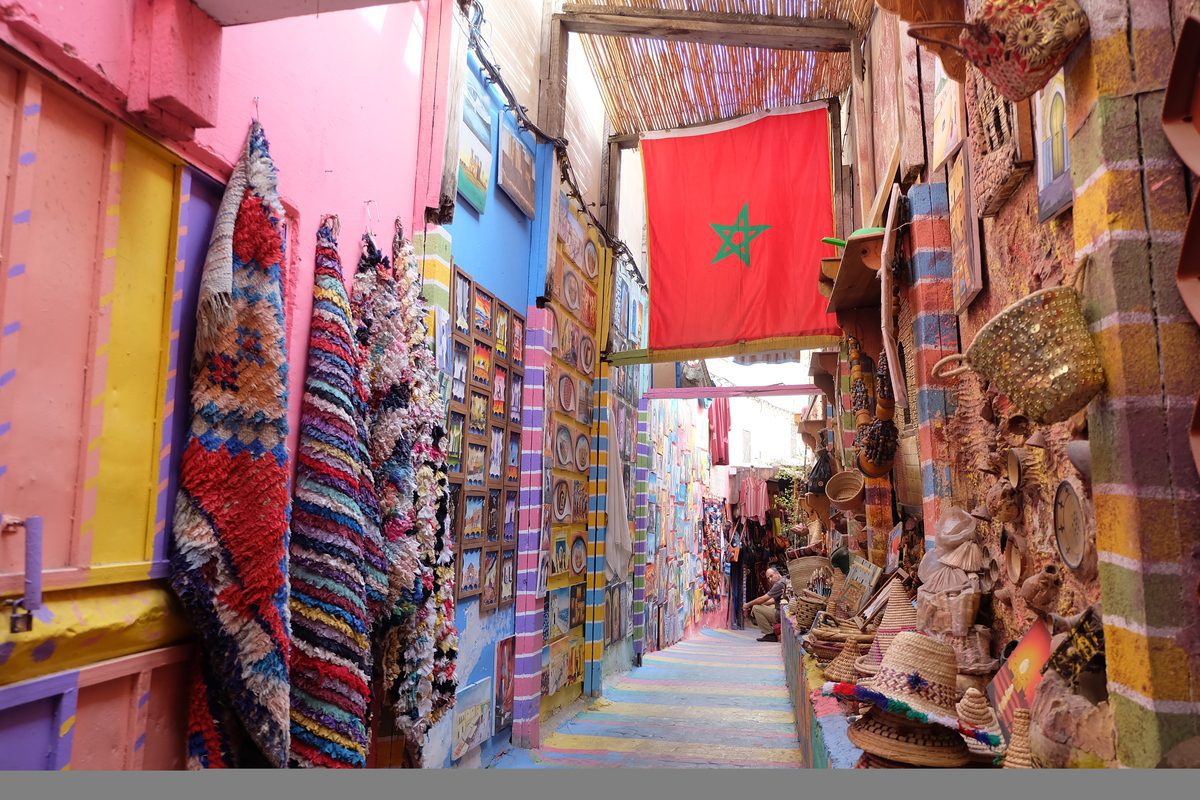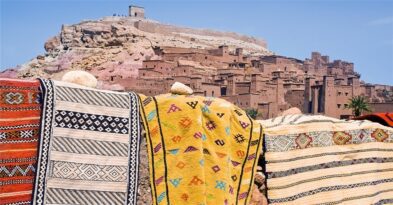Customs and Traditions in Morocco
Morocco is an African nation pulsating with youthful energy, where approximately 70% of the population is under 30 years old—nearly 26 million young people reshaping this ancient kingdom. While deeply rooted in traditions, it simultaneously embraces contemporary influences with remarkable openness.
Visitors to Morocco will encounter distinctive customs: Western-style casual attire requires adaptation here, particularly when entering sacred mosques where modest dress is essential. Meanwhile, the ever-present mint tea ceremony perfectly embodies local hospitality—whether stepping into a market shop or a local home, the aroma of tea often welcomes strangers. This profound Arab tradition of treating “every guest as a blessing” may transform a simple tea sharing into an invitation to family dinner. It’s the fusion of African warmth, Arab etiquette, and Mediterranean openness that forges Morocco’s unique cultural landscape, where time-honored traditions coexist with vibrant modern life.


Moroccans observe more formal social protocols than most Westerners. Greetings typically involve inquiring about the health and well-being of each family member. Always use your right hand for handshakes, as the left is traditionally considered impure. Cheek-kissing is common among people of the same gender, particularly close friends, but should be avoided between opposite sexes unless they are immediate family members.
When invited to a Moroccan family dinner, foreign guests are often astonished by the lavish abundance of food, and leaving some on the plate is not considered impolite. However, three essential rules must be observed: remove shoes upon entering the home, wash hands before the meal, and wait for the host to complete the prayer before beginning to eat. As you sit cross-legged around low traditional tables, using your fingers to savor couscous, each bite connects you to centuries-old traditions of hospitality that define Moroccan culture.
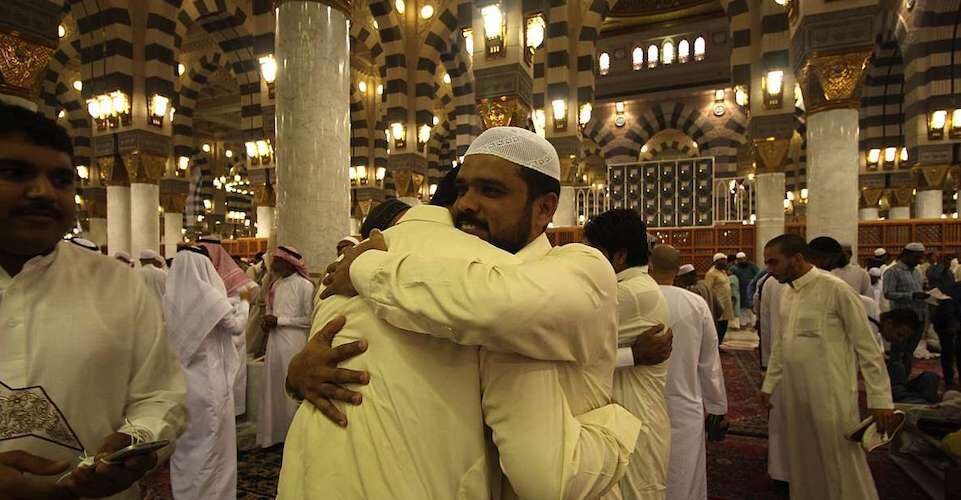

In Morocco, non-Muslim visitors are generally not permitted to enter mosque prayer halls, though the Hassan II Mosque in Casablanca stands as a magnificent exception—its soaring prayer hall and retractable roof offer the world a breathtaking glimpse into Islamic architectural splendor.
When exploring markets and craft shops, bargaining is not merely a transaction but a rhythmic social ritual. Items often bear no price tags, awaiting negotiation between buyer and seller. Accepting the initial asking price may even disappoint the merchant, as it bypasses the interpersonal connection and playful博弈 at the heart of the experience. Ideal haggling resembles a tango: start at about one-third of the asking price, then gradually converge through smiles and humor until reaching a mutually satisfactory balance. This commercial dance imbues each souvenir with a uniquely personal story.
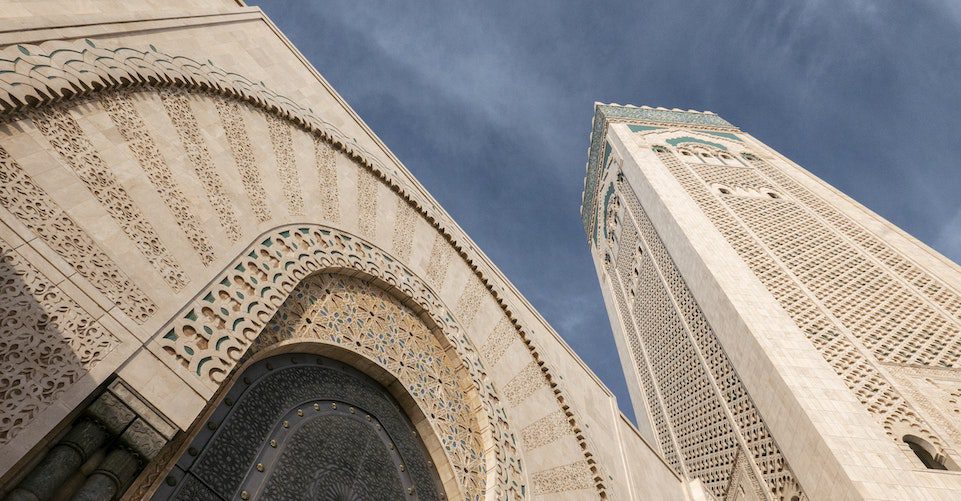

In Morocco, alcohol service follows distinct cultural protocols. While some international restaurants and star-rated hotels may offer alcoholic beverages, this is by no means a standard practice. Travelers should understand that Islamic culture maintains a cautious stance toward alcohol consumption, and therefore establishments are not obligated to serve it.
Particularly important to note: public drinking or walking streets with alcoholic drinks is considered improper behavior and may cause discomfort among local residents. The true wisdom lies in respecting local customs—moderate consumption within licensed venues is acceptable, but alcohol should be kept in private or designated spaces. This respect for local culture not only ensures a smooth journey but also serves as the key to unlocking deeper cultural experiences.
Marriage in Morocco
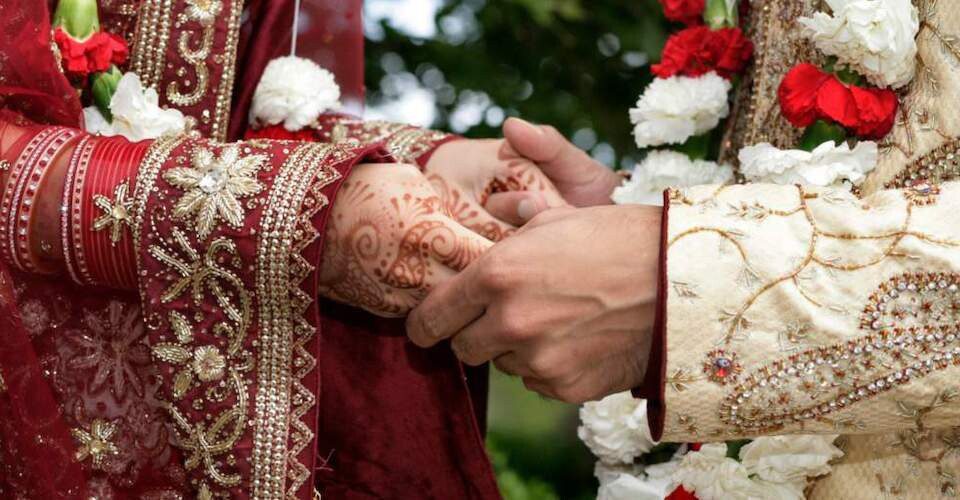

Moroccan society maintains deeply rooted traditional family values. Marriage is regarded as a sacred covenant, with premarital chastity still widely observed, while the family unit is esteemed as the most fundamental pillar of society. Within this culture that emphasizes lineage, elders command supreme respect and children are cherished as family jewels, forming a structure traditionally led by men but increasingly seeing women gain social influence in recent decades. It’s particularly noteworthy that elderly women often hold significant decision-making power in domestic matters.
Newborn traditions are especially distinctive—the “Aqiqa” ceremony (Moroccan-style baptism) held on the seventh day after birth is celebrated with wedding-level solemnity. This life-affirming ritual that gathers the entire clan exhibits rich regional variations: from the scale of sheep sacrifice feasts to the baby’s first hair-cutting traditions, every detail carries blessings for the new member, reflecting the collective reverence Moroccans hold for the continuity of life.
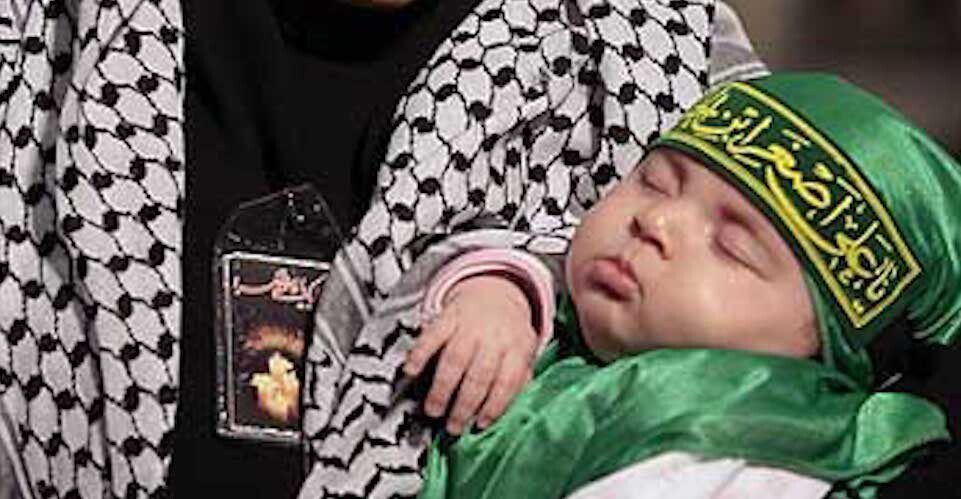

In this youth-dominated nation, elderly people are highly revered due to their scarce presence in households, an intergenerational structure that simultaneously elevates women’s decision-making status within family affairs.
During Ramadan, while non-Muslims aren’t expected to fast, eating, drinking and smoking in private spaces demonstrates essential cultural respect. Throughout the year—especially during Ramadan—maintain modest attire and behavior near mosques. Photographing mosque exteriors is generally acceptable, provided you avoid capturing praying individuals or intruding into sacred spaces.
These nuanced yet crucial cultural codes serve as keys to unlocking Morocco’s millennia-old traditions. When you set down your camera to share mint tea with locals, you’ll discover that genuine cultural connection begins with sincere respect for each custom, transforming sightseeing into meaningful cross-cultural dialogue.
What to do in Morocco
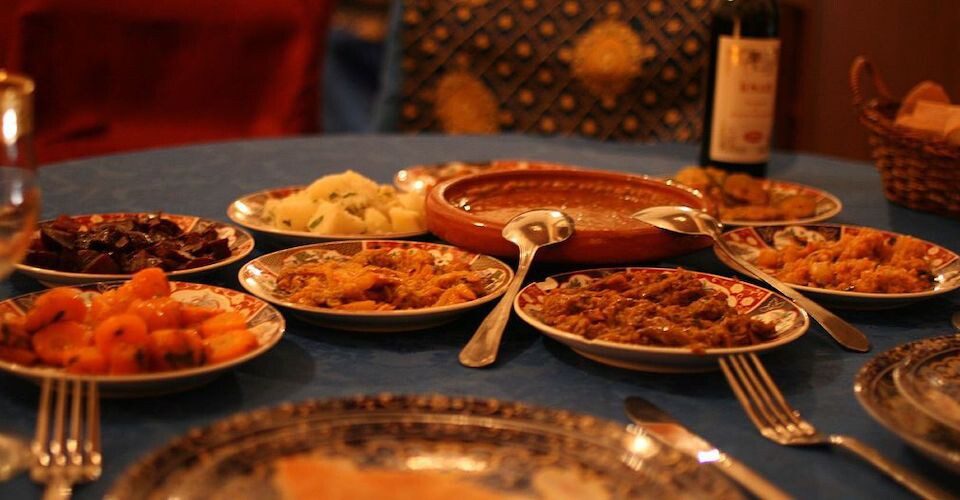

In Morocco, respecting local customs is the key to unlocking cultural understanding. When sharing meals with locals, always use your right hand—the left is traditionally considered impure. Removing shoes before entering a home is not just about cleanliness, but a ritual of crossing into personal space.
Accepting mint tea invitations opens a portal to authentic Morocco: sitting cross-legged on handwoven carpets, watching amber liquid arc from silver teapots into engraved glasses, you’ll touch the nation’s pulse through steamy conversations. However, remain alert—tea offerings in souks often precede elaborate sales tactics. Mastering the balance between genuine connection and commercial awareness is the subtle wisdom every traveler gains from Moroccan encounters.
What not to do in Morocco
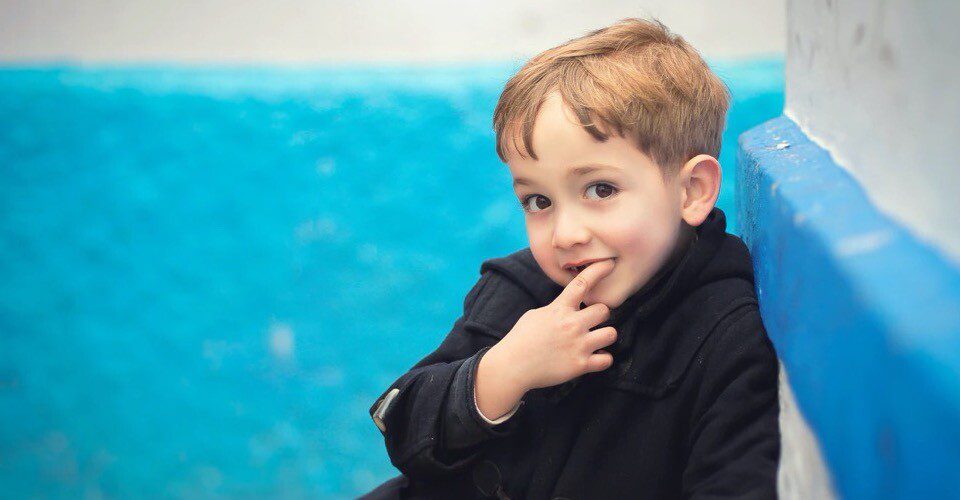

While traveling in Morocco, let cultural awareness be your invisible passport:
Mosques are open only to Muslims, though their architectural exteriors remain accessible for admiration
Always seek explicit permission before photographing people, with particular respect for women and children
Refrain from giving money, candy, or pens to beggars—such gifts inadvertently encourage school dropout rates
Avoid discussions on religion, the monarchy, and the Western Sahara issue; approach political topics with extreme caution
Opt for modest clothing, using shawls or long garments to show respect when visiting sacred sites
Strictly prohibit photography of military installations, border checkpoints, and airport interiors
These guidelines are not restrictions but bridges to meaningful cultural dialogue—when you accept mint tea with your right hand, replace indiscriminate almsgiving with smiles, and honor traditions with modest attire, Morocco will reveal to you a depth that transcends landscapes.
Contact us for more travel information!

